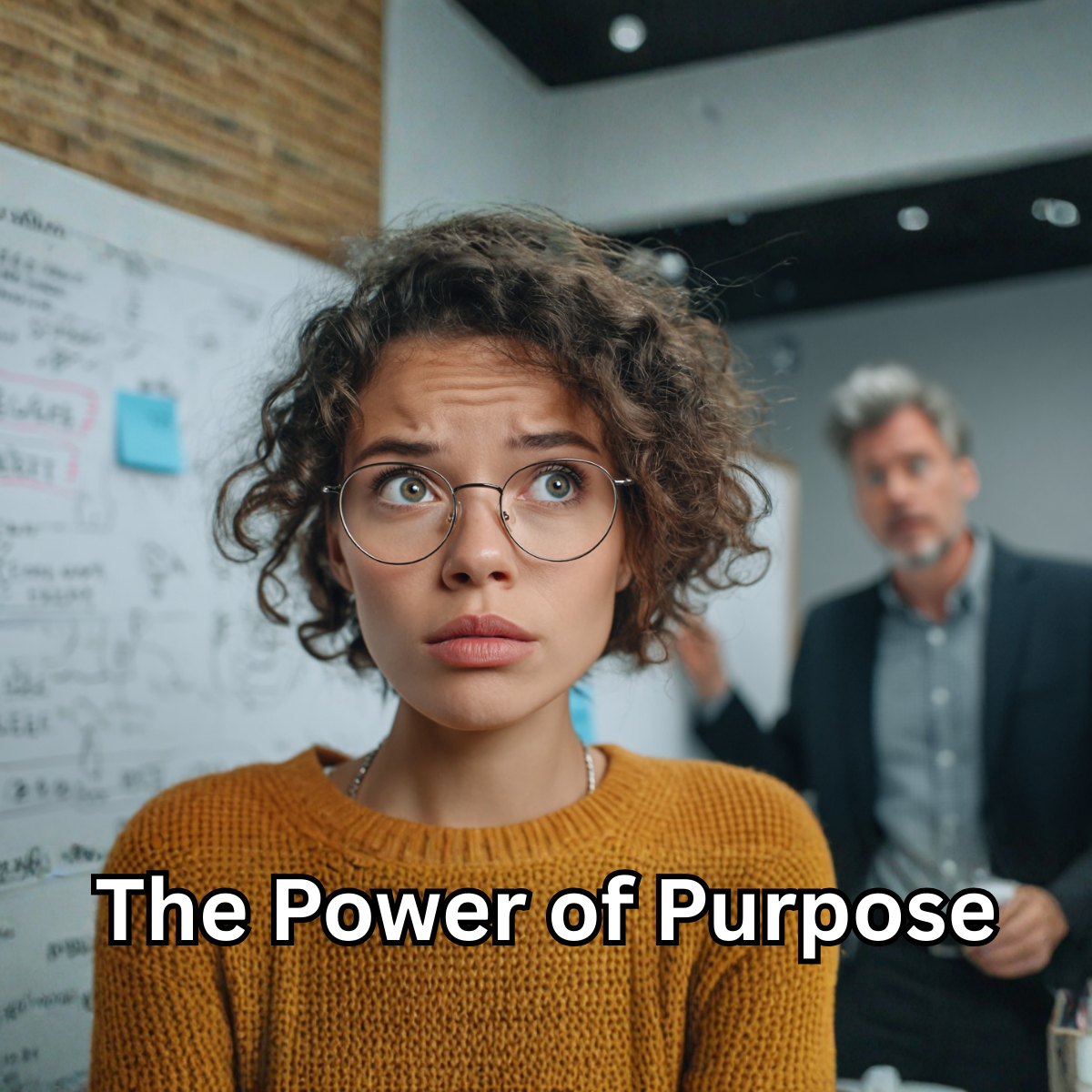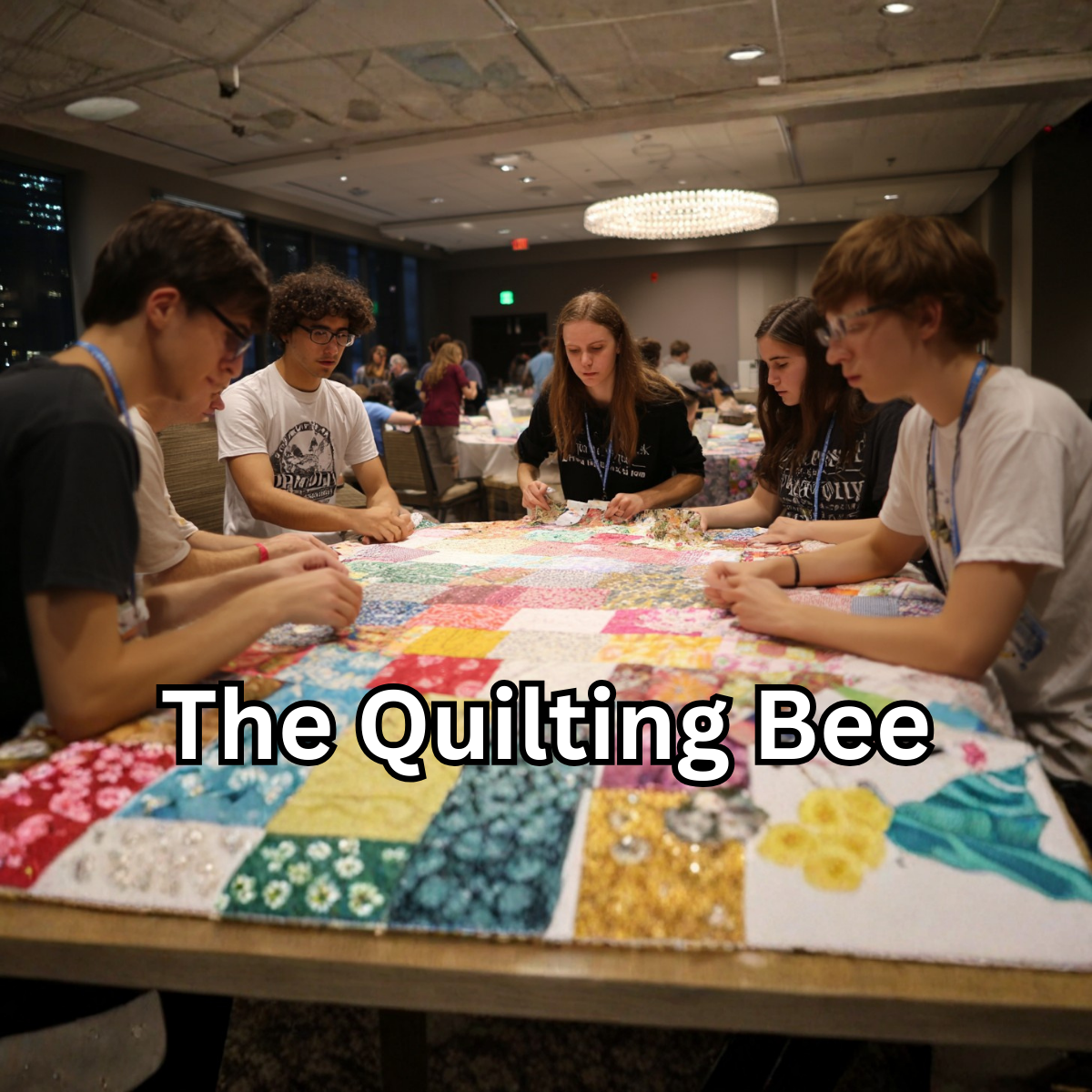I hear the phrase, cognitive dissonance used frequently these days. It seems to have become a rhetorical device used to redirect or explain away a preponderance of evidence or of the motivations and feelings of a large group of people. Leon Festinger was the social psychologist who coined this phrase while doing research at Stanford University. His paper published along with James Carlsmith can be found at this URL: https://psychclassics.yorku.ca/Festinger/
This paper is worth reading, as it has become one of the great classics in social and behavior psychology. The experiment these two performed was on 71 male students in the Psychology Department at Stanford. The methodology for this study was remarkable. They had the students participate in a series of routine, mundane, and boring tasks. The actual work they were doing during the experiment was completely meaningless. I will not get into the exact procedure of the experiment; suffice it to say that they brought the student in for what seemed like an impromptu conversation. In that conversation, the interviewer would find out what they thought of the experiment. Prior to this, they offered $1 and $20 to some of the students to be on call to do the experiment again if needed.
The conclusion of the research indicated that even though the students had developed a private opinion that the test was incredibly boring and tedious, there was a tendency to change their opinion and bring that into alignment with what they had been doing and saying. Meaning they would change their opinion to be more favorable. Also interesting was that if you offered little incentive, it increased this behavior, whereas applying too much incentive had the opposite effect. This was the study that provided the evidence behind Festinger’s cognitive dissonance theory.
I think Festinger’s idea was brilliant, but what I find even more interesting is how people will use this argument in an attempt to defeat entire systems of religion with millions of devotees. Also to use this to explain away why half the country does not believe they way they do. It is fascinating how we will grab onto anything that sounds complex in order to justify or manipulate a positive view into our way of thinking or our behavior. If you read this far, you will now know the foundation behind this theory, so if someone attacks you as having “cognitive dissonance” because of your adopted belief system, you will understand how that rhetorical device grossly over-exaggerates the reality behind the experiment and subsequent research used to validate this theory.
However, I bring this up for an entirely different reason. The research behind cognitive dissonance does demonstrate something about human behavior. We can believe something about a process while continuing to rationalize and support either not performing that process or doing a completely different behavior. Here is an extreme example. We believe it is necessary to have a bedtime routine where we relax and have our minds clear for a good night’s rest, all while spending our evenings scrolling through social media or streaming Netflix shows. So we will actively tell people the virtues of meditation, but at the same time be watching a violence-filled dramatic series instead. In my opinion, this is what the cognitive dissonance evidence demonstrates. We are perfectly ok with believing in, supporting, and advocating for a process, yet, in reality, we do not follow the process at all.
We might call this hypocrisy. However, I think that is too strong of a term. That is because everyone does this. Now, to be fair, in Festinger’s research, out of the 71 males used in the experiment, 11 of them were rejected. Five of the students were instantly suspicious and guessed what the experiment was really about; 2 of them did not choose to lie but rather came right out with the fact that they were paid to do the experiment, and 3 of them refused to take money at all and quit. 1 of them would not agree to say anything until after the experiment was over. So, I think it is safe to say 3 – 5 out of the 71 were against the “hypocrisy” of the situation. This means that less than 10% of the population is noble enough to avoid this dissonance issue. So, hypocrisy is not a correct description. I think it is better to say the person failed to live up to their ideals – and according to this study, most of us will be guilty of this.
This leads me to an important conclusion. This has nothing to do with what people think of you or how you portray yourself to others. The conclusion has to do with what you will actually do in order to improve yourself or your business. The only process that will be effective for you is the one that you will actually do. You can pretend all that you want to. You can create grand schemes and broadcast them from the highest tree top, but if you do not do it, then it is meaningless. In the business world, we call this execution. I like that word, execution. Do you have a process that you believe will help you? If yes, then ask yourself if you are willing to execute – meaning perform the process on a regular basis.
Most people seem to struggle with an intense cognitive dissonance regarding eating habits. There are a lot of people who will tell you that abstaining from alcohol is necessary for optimum health, but every night, you are putting away 6 beers. People who absolutely believe that intermittent fasting will help them with their metabolism and keep their eating habits in check, yet they break their fast every morning with a trip to Starbucks, extra cream, some type of sugar added, and a double smoked bacon breakfast sandwich, and a nice glazed donut (because they deserve it). If you take a few moments, you will quickly uncover these areas of dissonance in your own life. They are not difficult to find. It is important to consider – that cognitive dissonance is not a way to explain away the tendency for people to gravitate toward religious faith. It is, however, a way to explain why people will profess a spiritual practice and extoll all the virtues of this practice yet not follow them. The Muslim or Jew that eats pork, the Latter Day Saint that smokes cigarettes, the Jain that loves steak. We all have examples of this, and perhaps some of us are guilty as charged.
Regardless of our religious background, we all tend to believe in a certain way of living that is supposed to be correct. The healthy way of living. The real question, for us to ask quietly to ourselves, is not what we believe but rather what we are actually willing to do. No system of morality, ethics or dietary laws will do us any good unless we follow them. Reports show that certain cultures and religious followers generally live longer, healthier lives because of the dietary and other rules they establish. However, these percentages usually only show a slight improvement over the averages. Why? Simple, most people do not follow or do what they profess to believe in.
Now, do not feel bad if you are one of the majority who believes in one thing and does another. That is the majority of humanity. You can include me in that group. I have a fair amount of dissonance going on in my life. What I think we can all benefit from is the realization that we do not need to live up to everything right now. Instead, we can live up to 1 or 2 things by creating a process that we will follow. I used religion as an example, but we could also apply this to business. I can profess that Six Sigma, Lean Manufacturing is the absolute best methodology out there for my type of business, but it does not follow a single concept I remember from school. You are never going to implement this fastidious process overnight. Rather, you can pick a few things, create a process around them, and start executing on that.
In the end, cognitive dissonance, as Festinger’s research revealed, isn’t just an abstract psychological theory. It’s a reflection of how we, as humans, navigate the contradictions between our beliefs and our actions. We may believe in the value of processes—whether they relate to health, business, or personal development—but often fail to consistently follow them. And that’s okay. What matters is not perfection but progress. The key takeaway is this: success, whether in personal or professional life, is not about what you *say* you’ll do, but what you *actually* do. Execution is the bridge between intention and outcome.
So, take a moment to reflect. Are there areas where your actions don’t align with your beliefs? Don’t overwhelm yourself trying to fix everything at once. Instead, start with something small, create a process, and follow it. The journey to meaningful change starts not with grand declarations, but with consistent, deliberate action. The process you follow, no matter how simple, is the only one that will truly lead you to the outcomes you seek.




